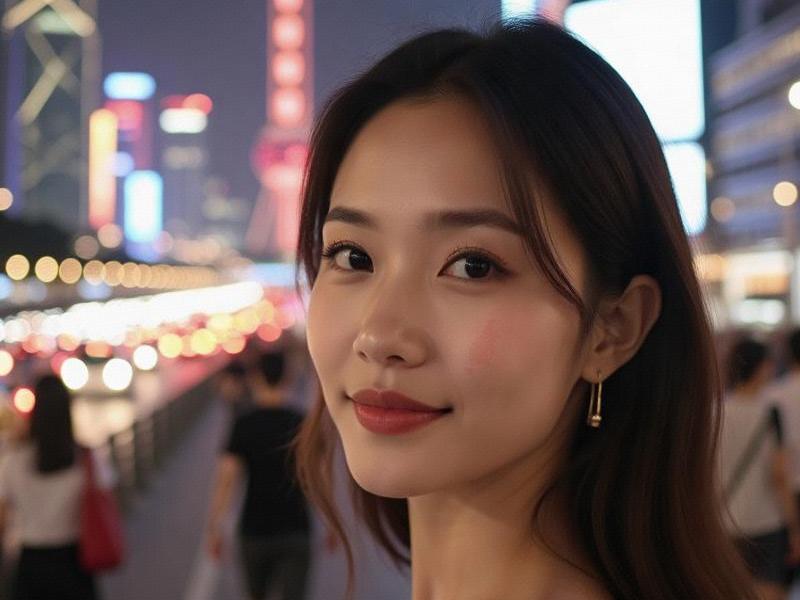This 2,500-word feature explores how Shanghai's entertainment club scene has transformed from traditional KTV parlors to sophisticated multi-experience venues blending Eastern and Western entertainment concepts.

The neon lights of Shanghai's entertainment districts tell a story of cultural fusion and economic transformation. Behind the glowing facades of establishments like M1NT, Bar Rouge, and Dragon One lies a carefully curated nightlife ecosystem that has elevated Shanghai's status as Asia's premier destination for high-end entertainment.
Shanghai's entertainment clubs have undergone three distinct evolutionary phases. The 1990s saw the proliferation of traditional KTV (karaoke) venues catering primarily to business entertainment. The 2000s introduced Western-style nightclubs like Muse and M2. Today's third generation combines these elements into hybrid spaces where Chinese CEOs rub shoulders with international entrepreneurs over craft cocktails and private karaoke suites.
爱上海419论坛 The new wave of luxury clubs emphasizes "experiential entertainment." At the recently opened Cloud 9 in the Shanghai Tower, guests can reserve floating glass rooms suspended 580 meters above the city, complete with holographic performances and AI-powered mood lighting. Meanwhile, historic venues like Paramount Ballroom have been restored to their 1930s Art Deco glory while incorporating modern VR dance floors.
Business entertainment remains central to Shanghai's club culture. Premium venues now offer "guanxi lounges" - soundproofed meeting spaces disguised as VIP rooms, equipped with translation technology and discreet document disposal. The average corporate group spends ¥38,000 per evening at establishments like The Chamber, where deals are sealed between whiskey tastings and private concerts by C-pop stars.
上海龙凤419体验
Technology integration has revolutionized operations. Facial recognition systems at high-end clubs like Galaxy replace traditional membership cards. Smart wristbands track consumption and preferences, while blockchain-based payment systems ensure discretion for high-net-worth clients. Some venues even employ emotion-reading AI to adjust music and lighting based on crowd mood.
上海花千坊爱上海 Cultural fusion defines Shanghai's entertainment identity. At Dragon One, guests might experience Peking opera performances remixed with electronic beats, followed by private mahjong lessons from champion players. The recently opened Huangpu Club offers "East-West" tasting menus pairing French champagne with baijiu cocktails, served in rooms alternating between traditional Chinese decor and futuristic cyberpunk aesthetics.
Regulation has shaped the industry's development. Shanghai's 2018 "Civilized Nightlife" initiative established strict noise controls and operating hours while encouraging venues to obtain "Five-Star Entertainment" certifications for hygiene and safety. The policy successfully reduced vice-related incidents by 72% while allowing premium establishments to thrive.
The future points toward greater segmentation. New niche venues cater to specific demographics: tech entrepreneurs at AI-themed club Singularity, art collectors at gallery-nightclub fusion Arthub, and wellness-focused elites at "healthy hedonism" venue Oxygen. As Shanghai prepares to host the 2025 World Entertainment Expo, its clubs stand ready to showcase China's unique blend of traditional hospitality and cutting-edge nightlife innovation.